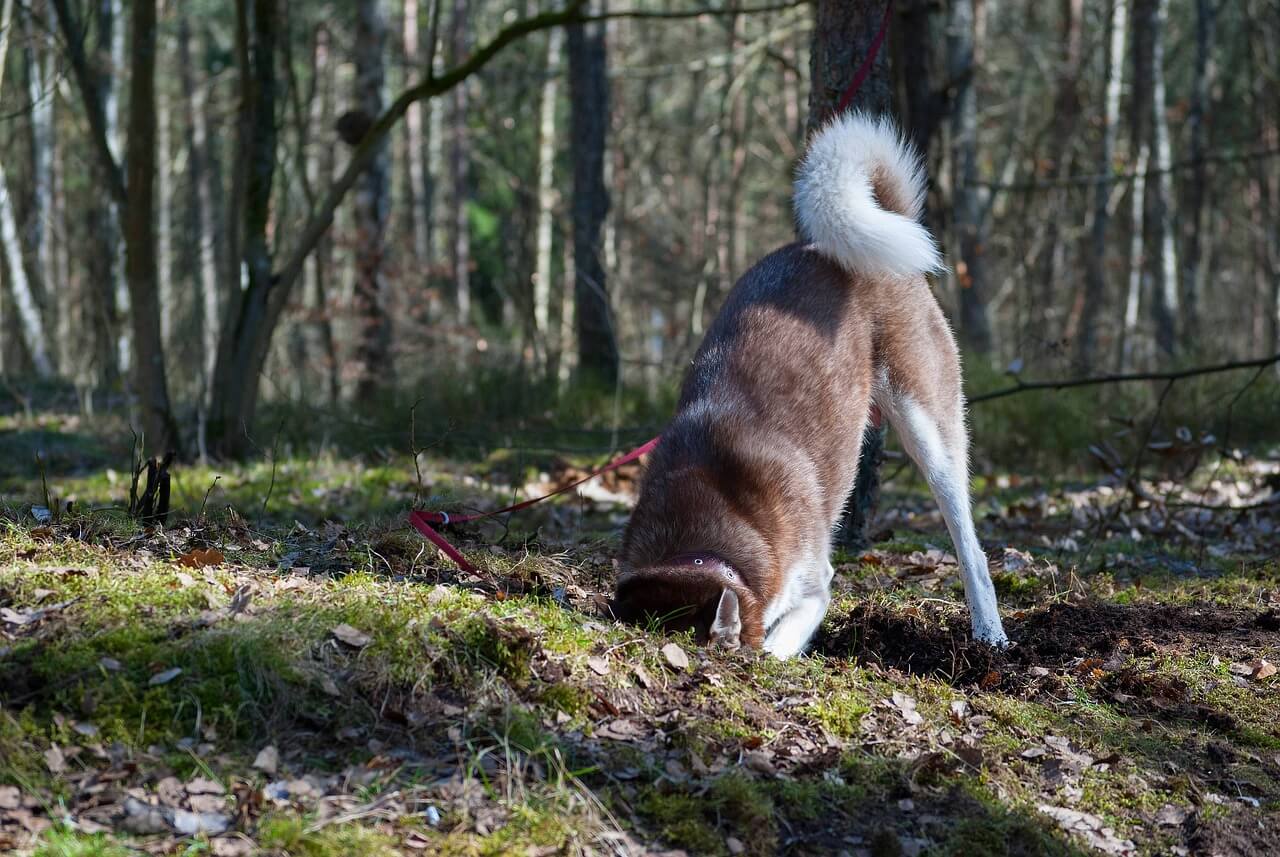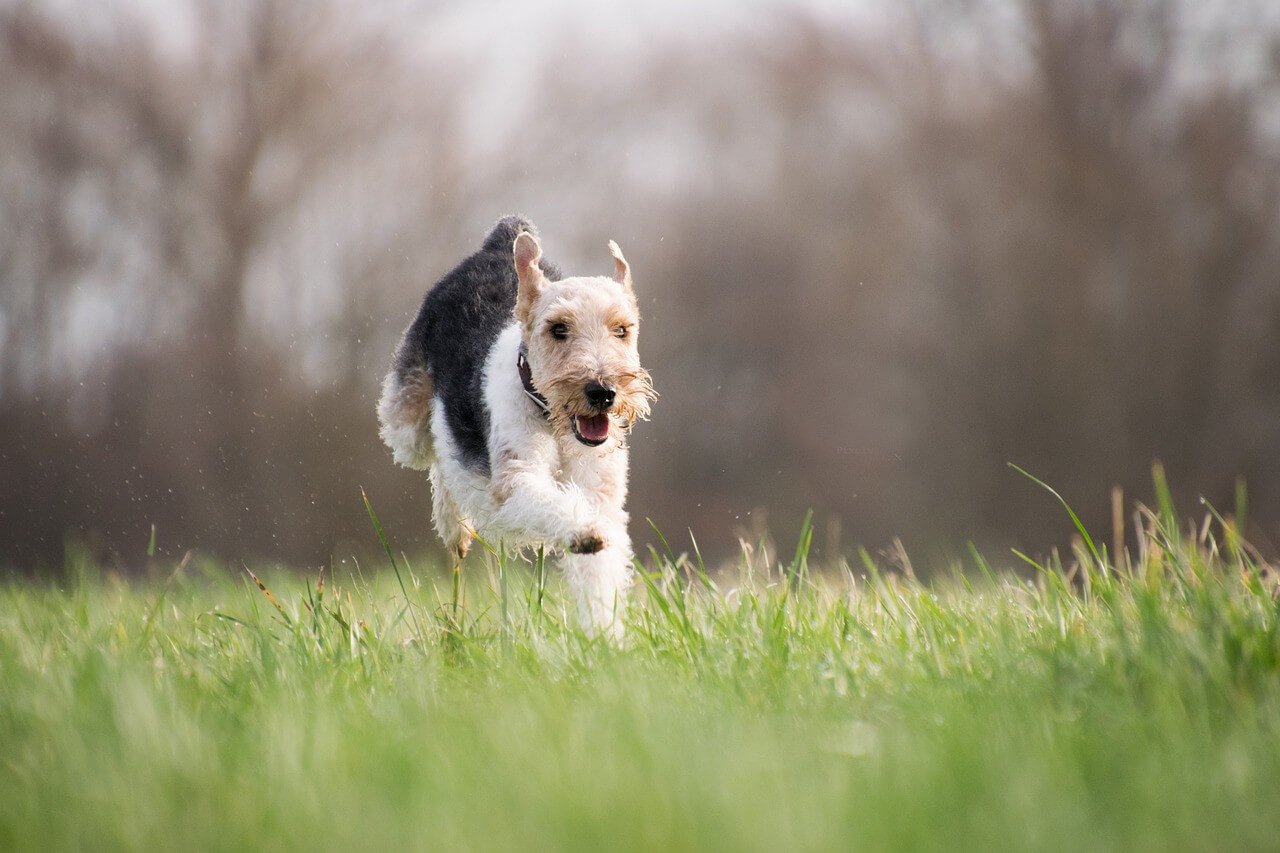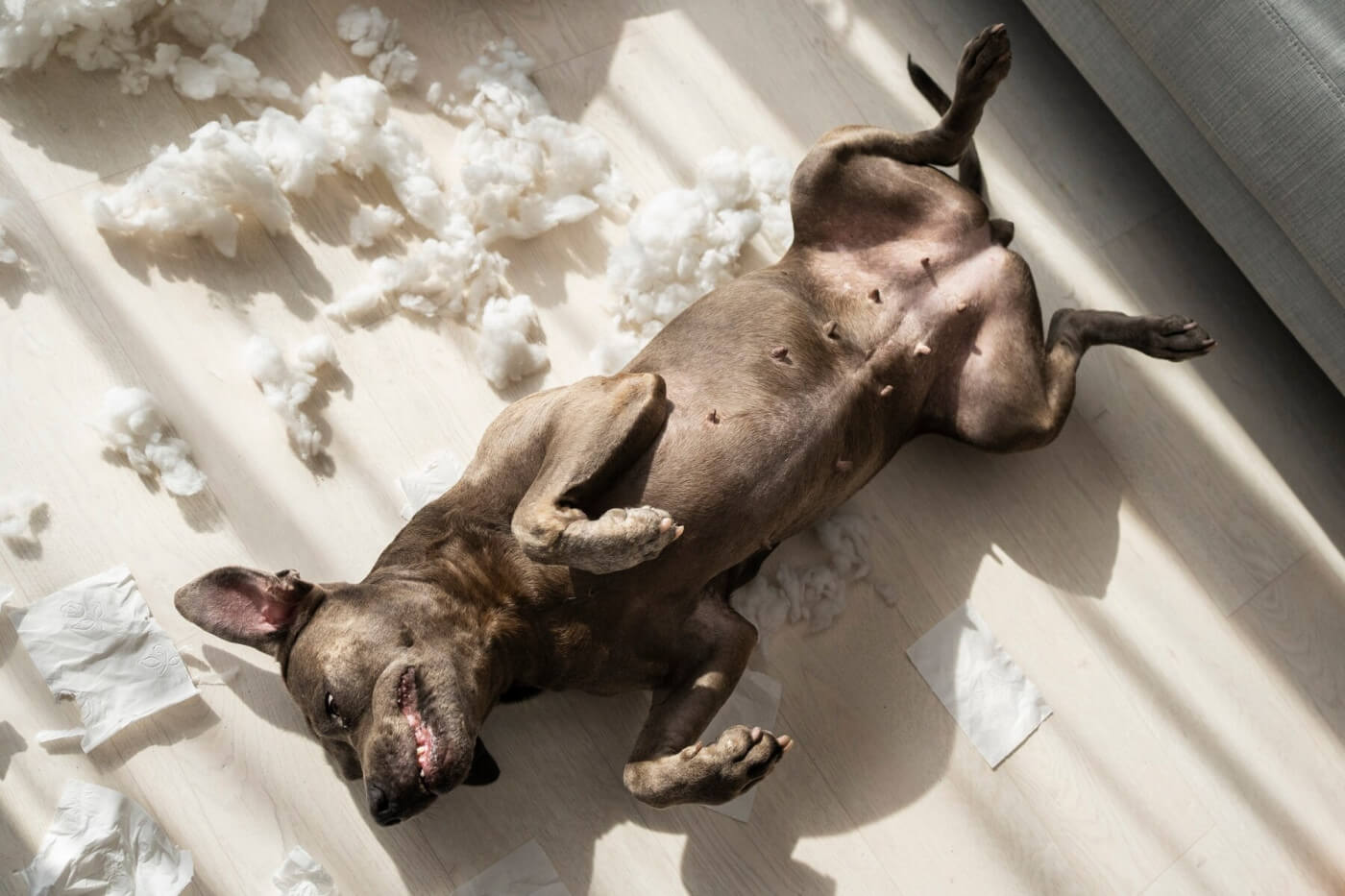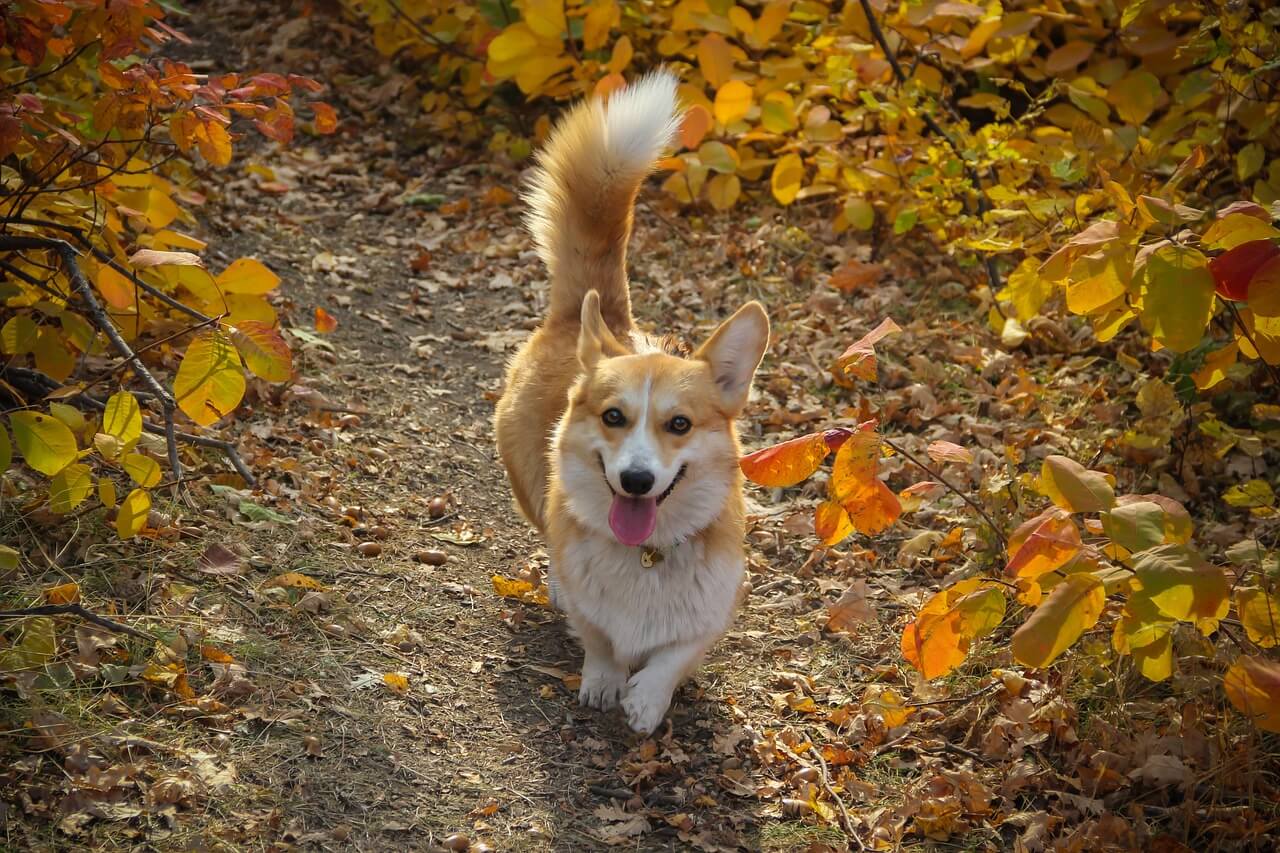Have you ever watched your furry friend chomping on a mouthful of dirt and wondered, "What's going on with my pup?" You're not alone. Many dog owners find themselves scratching their heads at this peculiar habit. Whether you're a proud parent of a playful Labrador Retriever, a doting Golden Retriever owner, or the human companion to any other delightful breed, understanding why dogs eat dirt can be both intriguing and important.
Common Reasons Why Dogs Eat Dirt and How to Address It
Dogs eating dirt is a behavior that many pet parents find concerning. This unusual habit, known as dirt eating, may be linked to a variety of causes, ranging from curiosity to serious medical issues. Below are some common reasons behind your dog eating dirt and practical tips to address it:
1. Nutritional Imbalances in Your Dog’s Diet
If your dog is eating dirt, it could signal a nutritional deficiency. Essential minerals like iron or zinc might be lacking in their food, leading them to seek these nutrients in soil or other non-food items.
2. Behavioral Issues Like Anxiety or Boredom
Dogs that lack enough mental stimulation or suffer from separation anxiety may resort to dirt eating. This behavior could also stem from responses to a loud noise or other stressful events.
3. Medical Conditions and Health Problems
Some dogs eat dirt because of underlying medical issues, such as:
Inflammatory bowel disease or intestinal parasites like soil-dwelling parasites.
Conditions like heartworm disease, irregular bowel movements, or an upset stomach.
Serious health problems, including abnormal blood vessels, dog’s liver issues, or even dog's symptoms linked to an underlying medical condition.
What to Do: Visit your local animal hospital for a full checkup to rule out any underlying health issues. Your vet may test for conditions like flea infestations, digestive tract disorders, or medical issues tied to irregular bowel movements.
4. Dogs Eating Soil for Sensory Exploration
Some dogs purposely eat dirt or other non-food items simply out of curiosity. Most dogs, especially puppies, explore their environment by putting objects in their mouths.
5. Nutritional Deficiency or Pica
A condition known as pica may cause dogs to eat non-food items like dirt, stones, or fabric. This behavior is often linked to an imbalance in their dog's diet or nutritional deficiencies, such as an inadequate blood supply of essential nutrients.
6. Dogs Eat Dirt Due to Parasites or Toxins
Dirt can sometimes contain harmful toxins, foreign objects, or intestinal parasites that your dog might unknowingly ingest. This behavior may lead to an eating disorder called pica or other medical conditions affecting the digestive tract.
Proactive Steps to Prevent Your Dog Eating Dirt
Focus on Proper Nutrition: Feed your pet high-quality dog food to eliminate nutritional deficiencies.
Consult Professionals: Work with a dog behavior specialist or professional trainer for odd behaviors like dirt eating.
Regular Vet Checkups: Rule out underlying health problems or foreign objects in your dog’s digestive system.
Provide Mental and Physical Stimulation: Keep your dog busy with toys and activities to prevent boredom.
Breed-Specific Tendencies
While any dog might decide to snack on soil, certain breeds might be more inclined to this behavior. Knowing and understanding the characteristics of breeds is crucial, to taking good care of your beloved pet.
- Labrador Retriever: Famous for their boundless energy and curious nature, Labradors might turn to dirt as a form of exploration or when they're lacking stimulation.
- Golden Retriever: Known for their intelligence and playful demeanor, Golden Retrievers might eat dirt out of curiosity or boredom. It's important to provide them with enough mental and physical stimulation.
- French Bulldog: These charming little dogs have a big personality. If your French Bulldog is eating dirt, it could be a sign of dietary deficiency or a way to attract attention.
- Beagle: Beagles are known for their keen sense of smell and might be eating dirt as part of their sensory exploration.
- Siberian Husky: As a breed that loves to explore and has high energy levels, a Siberian Husky might eat dirt during their outdoor adventures. Keeping them engaged and active is key.
Managing Dirt Eating in Dogs: A Complete Guide for Pet Parents
If your dog is eating dirt frequently, it can leave pet parents concerned about their furry friend's health and behavior. Whether your dog eats soil occasionally or seems to purposely eat dirt as part of an eating disorder, there are actionable steps to address this issue. By understanding the reasons and providing proper care, you can help prevent your dog's dirt-eating behavior and ensure their overall well-being.
Address Nutritional Deficiencies
A dog's diet plays a vital role in their health. Nutritional deficiencies, such as a lack of essential minerals, can lead to unusual behaviors like eating dirt. Ensure your furry friend has access to high-quality dog food that provides a balanced diet to meet their nutritional needs.
Key Steps:
Consult your vet to rule out nutritional imbalances.
Supplement your dog's diet with proper nutrition, focusing on essential minerals and vitamins.
Avoid feeding non-food items or scraps that may disrupt your dog's digestive tract.
Provide Mental Stimulation
Dogs often eat soil or other foreign objects out of boredom or inadequate mental stimulation. Separation anxiety or exposure to loud noises can also trigger this behavior. By keeping your dog engaged and mentally stimulated, you can prevent odd behaviors like dirt eating.
Solutions:
Introduce engaging chew toys to redirect attention.
Include regular physical activities to ensure enough mental stimulation.
Work with a dog behavior specialist or professional trainer to address severe anxiety or unusual behaviors.
Rule Out Underlying Health Problems
Dirt eating in dogs can signal medical issues such as intestinal parasites, inflammatory bowel disease, or other underlying medical conditions. If your dog’s symptoms include irregular bowel movements, an upset stomach, or unusual behavior, it’s essential to visit your local animal hospital for a thorough examination.
What to Look For:
Signs of intestinal parasites or heartworm disease.
Digestive tract issues, like irregular bowel movements or exposure to soil-dwelling parasites.
Infections from eating soil or dirt containing harmful bacteria.
Prevent Access to Favorite Dirt Eating Areas
Most dogs have specific areas where they tend to eat soil or exposed dirt. Prevent access to these locations to reduce their likelihood of ingesting harmful substances.
Tips:
Block off areas with exposed soil or indoor potted plants.
Ensure your dog’s play area is free from foreign objects and non-food items.
Supervise outdoor activities to keep your furry friend from eating dirt.
Provide Comfort for Anxious Dogs
If your dog suffers from severe anxiety or separation anxiety, they may resort to eating dirt as a coping mechanism. Addressing their emotional needs can significantly reduce dirt-eating behavior.
Effective Solutions:
Create a calming environment with a comfortable bed or safe space.
Address anxiety triggers, such as loud noises, with proper training or calming aids.
Seek advice from a professional trainer for behavior modification techniques.
Regular Veterinary Checkups
Regular visits to the vet can help identify and treat any underlying health issues contributing to your dog's dirt-eating behavior. Medical conditions like flea infestations, abnormal blood vessels, or inadequate blood supply can affect your dog’s liver, digestive tract, and overall health.
Why It Matters:
Early detection of medical issues prevents the escalation of health problems.
Your vet can recommend treatments for pica (an eating disorder characterized by eating non-food items) and ensure your dog’s health is optimal.
Improve Your Dog’s Environment
Dogs eat things like grass, soil, or other foreign objects when their environment doesn’t meet their physical or mental needs. Ensuring your dog is comfortable, safe, and stimulated is key to reducing their dirt-eating tendencies.
Actions to Take:
Remove foreign objects from their reach to prevent accidental ingestion.
Keep your dog’s mouth clean and inspect it regularly for signs of infection or injury.
Provide plenty of safe activities, such as interactive games or training exercises.
By taking these steps, pet parents can help their furry friends overcome dirt-eating behavior. Whether the cause is a nutritional imbalance, an underlying health problem, or inadequate mental stimulation, understanding your dog’s unique needs ensures they stay happy, healthy, and dirt-free.
Conclusion
As we conclude our exploration of dogs and their occasional tendency to eat dirt, it becomes evident that this behavior, though perplexing at times, is one of the idiosyncrasies that add to the charm of our furry friends. Whether you're the proud owner of a playful Beagle, a loving Labrador Retriever, a graceful Golden Retriever, a charming French Bulldog, or a spirited Siberian Husky, understanding and responding to their unique needs and behaviors is what being a responsible pet parent is all about. Providing them with comfort, such as an anti anxiety dog bed, can be an effective way to alleviate stress and keep them happy and healthy.







